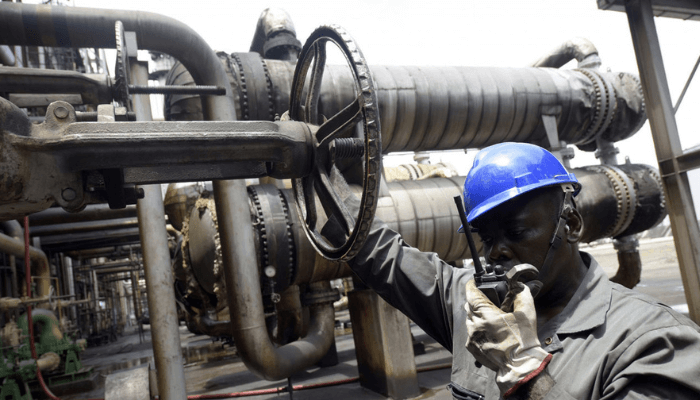Japan’s economy and trade minister, Yasutoshi Nishimura, on Saturday stated that members of the G7 must take action to help emerging countries reduce emissions, including financing decarbonisation in “hard-to-abate” industries.
Reuters reported that the G7 ministers are meeting in Sapporo on Saturday and Sunday for climate and energy talks.
Meanwhile, Nishimura emphasized that it is not only necessary to reduce the group’s own emissions, but also to take concrete actions to achieve emission reductions globally, including in the “Global South”.
The ministers aim to discuss financing methods to reduce carbon in industries like chemicals, shipping, and steel.
According to reports, the G7 ministers are set to discuss the importance of critical minerals for the clean energy transition, preventing economic and security risks caused by vulnerable supply chains and monopolization, and other topics.
Security concerns were heightened after an explosion disrupted Japan’s Prime Minister, Fumio Kishida’s outdoor speech, but the premier was unharmed, and police subdued a man at the scene.
Kishida’s foreign minister has confirmed that there will be no change to G7 security. The group’s foreign ministers will also meet in Karuizawa starting Sunday.
According to a senior associate at E3G,
a climate change think tank, Alden Meyer, developed countries, including the G7, have a responsibility to provide finance and mobilize private finance to help developing countries decarbonize.
In a briefing ahead of the G7 meeting, Meyer said, “There’s a responsibility for the G7 and other developed countries to provide finance and to mobilize private finance as well to help the decarbonisation of the developing countries.”
Meyer believes that the world’s richest countries need to do more to help emerging nations reduce carbon, and there needs to be “much stronger leadership” from the G7 countries in leveraging financial and technology resources to achieve this goal.
The G7, or Group of Seven, is an informal grouping of seven of the world’s most advanced economies. Its member countries are Canada, France, Germany, Italy, Japan, the United Kingdom, and the United States.
The European Union is also represented in the group. The G7 was formed in 1975 as an informal forum for discussions between leaders of these major industrialized democracies on economic and political issues.
Over the years, the group has expanded its scope to include a range of global issues, such as climate change, global health, and security.











